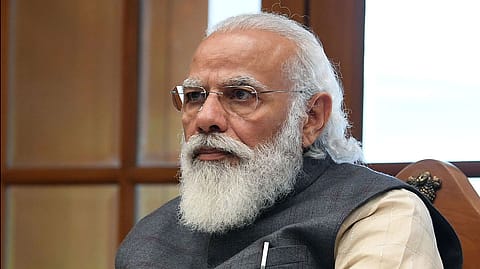NDMA issues guidelines for schools to follow to tackle external threats
Amid a raft of reciprocal, punitive actions taken by both nuclear-armed nations, India is preparing its citizens to be prepared for external threats which are hostile to national security

The National Disaster Management Authority (NDMA) has issued guidelines for schools to follow in the case of an external threat in a two-minute video posted on social media platform X, as the two nations continue to seethe with hostility in the aftermath of the attack near Pahalgam in Jammu and Kashmir.
“These measures must be adopted in all situations hostile to our national security,” the NDMA said in the video. These guidelines come close on the heels of a nationwide civil defence exercise, slated to happen on 7th May, across the 244 categorised civil defence districts to assess the operational efficiency and the operational coordination of various civil defence measures, which include operationalising air raid warning sirens, training civilians and students on the civil defence aspects to protect themselves in the event of a hostile attack.
Ever since the terror attack near the meadow in Pahalgam, both nuclear-armed nations have issued reciprocal punitive actions. India and Pakistan have closed their only land border and have also shut down their airspace for each other’s aircraft. India has revoked all the visas it had issued to Pakistani nationals and has notified them of a deadline to leave the country. India and Pakistan have also exchanged fire from small arms across the border for nearly a fortnight. Pakistan has also alleged that India is at the cusp of a military assault.
The Indian government has advanced the commencement date of four under-construction hydropower projects in Kashmir by months, according to news agency Reuters, citing a government document. These projects have been historically opposed by the Pakistani government, as it feels that the downstream of the river water levels will decrease. The complete breakdown of diplomatic ties between India and Pakistan has led to U.N. Secretary General Antonio Guterres emphasising the importance of avoiding a military confrontation that could “easily spin out of control”.
The decision comes after India said that the Indus Waters Treaty, signed in 1960, is in unilateral abeyance, coming as a threat to Pakistan, which is heavily dependent on the river waters for its hydropower and irrigation facilities, as 80% of its farms depend on the Indus River system. Pakistan said that any deliberate, concerted effort to abate or divert its flow will be considered an act of war.